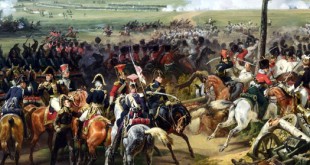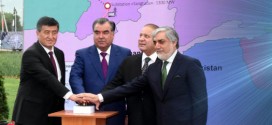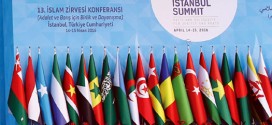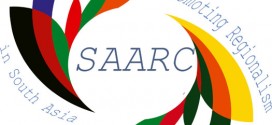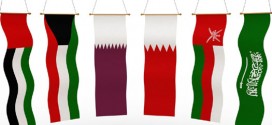Reform of Public Administration is now a worldwide phenomenon, as governments grapple with rapid social, economic and technological change, including the effects of globalization. Several countries have implemented radical and comprehensive public-sector reforms since the mid-1980s. These reforms have established objectives and set incentives for productive performance and involve greater transparency. The opening of government agencies to competition, greater privatization …
Read More »Effects of Census on Governance
Almost all countries across the world regularly partake in collecting a snapshot of their populations so that broad specificities on national demography in conjunction with its social, economic and housing characteristics can be gathered. For every modern country, a population census carries great importance because planning for development, allocation of resources and formulation of policies to cater for different needs …
Read More »Our Foreign Policy Failures
“Foreign policy is the system of activities evolved by communities for changing the behaviour of other states and for adjusting their own activities to the international environment.” — George Modelski Foreign policy is a behavioural pattern which the states adopt to conduct their diplomatic relations with other states in the global system. This policy, which is designed and redesigned by …
Read More »Geoeconomics in a Globalized World
“In the realm of economic competition, the instruments of power are productive efficiency, market control, trade surplus, strong currency, foreign exchange reserves, and ownership of foreign companies, factories and technology.” (— S.P. Huntington) Geoeconomic power and its use appear to be a crucial, albeit understudied, aspect of today’s international relations. Traditionally, international power has been thought of in geopolitical rather …
Read More »The Philosophy of War, Causation of the deadly conflicts
Since the inception of human societies and the dispersion of humans to different geo-graphical territories across the world, war has been an inevitable phenomenon. A fleeting look at the history reveals that individuals, states, or political factions have gained sovereignty over regions through the use of war. Thucydides, who is often called the father of realism, teaches in his ‘History …
Read More »TAPI & CASA-1000, Energy grid in the making
The energy-rich Central Asia has been the centre of attention of energy-hungry South Asian states especially Pakistan, Afghanistan and India. Two projects, Turkmenistan–Afghanistan–Pakistan–India (TAPI) Pipeline and Central Asia-South Asia (CASA-1000) electricity transmission project are of monumental importance in this regard. The groundbreaking ceremony of the former was performed in December 2015 while the latter was inaugurated on May 12, 2016. …
Read More »Organization of Islamic Cooperation, World’s second largest sui generis organization
Introduction The Organization of Islamic Cooperation (OIC) is the second largest sui generis intergovernmental organization after the 193-member United Nations in terms of membership and is mantle of collective voice of the Muslim world. The Organization has the mandate to safeguard and protect the interests of the Muslim states in the spirit of promoting international peace and harmony. History On …
Read More »In South Asia SAARC Promoting Regionalism
Last quarter of the twentieth century was the era of regional integration. It was during this period that regional organizations, which according to Dr Kheffens are shaped by “voluntary association of sovereign states within a certain area or having common interest in that area for a joint purpose,” were created. Most important of them are Asia-Pacific Economic Cooperation (APEC), European …
Read More »Gulf Cooperation Council
The Gulf Cooperation Council (GCC) is a political and economic alliance made up of six Middle Eastern countries located in the Gulf region on the Arabian peninsula. The bloc aims to boost economic cooperation between members and, through collective security, to guard against any threat from neighbouring states and from Islamic extremism. The GCC also aims to achieve unity among …
Read More »On the Concept of Nationalism
Nationalism, like nation, is very hard to define clearly and unequivocally. The contention that nationalism is what nationalists make of it, is, in fact, an evasion. There are no two authors, whether sociologists, historians, political scientists, or psychologists, who define nationalism in the same way. This may lead novices in the study of nationalism to infer that, having read a …
Read More » Jahangir's World Times First Comprehensive Magazine for students/teachers of competitive exams and general readers as well.
Jahangir's World Times First Comprehensive Magazine for students/teachers of competitive exams and general readers as well.



